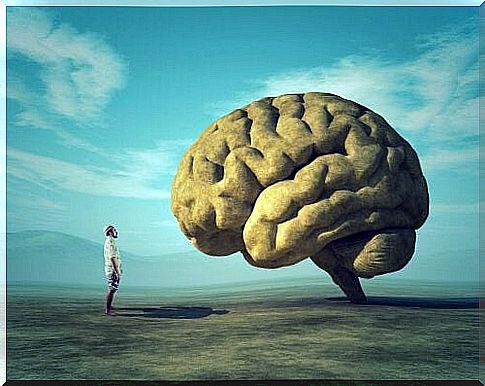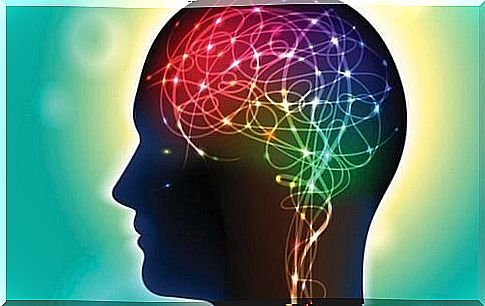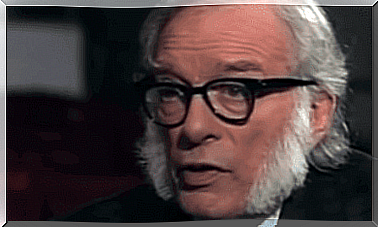We Have The Power To Sculpt Our Brains

We have the power to sculpt our brains. This sentence by Santiago Ramón y Cajal is now more relevant than ever. It is our thoughts that to some extent created and create our world. Today we know that self-confidence, enthusiasm and delusion have the ability to promote higher brain functions.
According to various scientific studies, the brain is exceptionally plastic. He has the ability to change based on experience. Moreover, this quality never disappears: we can therefore continue to learn all our life. In fact, every time we learn something, our mind changes. Therefore, through experience, we are actually sculpting our brains.
Thus, the brain coordinates a complex set of actions. These involve motor function, visual and auditory processing, verbal language skills and many other things. That way, when we learn something new, the new skill can be a little stiff. However, as we practice it, we dominate it better and better. This ability allows us, in clinical practice, to modify anxiety or depressive states, among other processes.
Reprogram our brain to change our behavior
Jose Dispenza, doctor of chiropractic, biochemist and neuroscientist, defends the power of human beings to reinvent themselves every day. He believes in the ability to build and drive the brain through personal experience. “If every morning we were to ask ourselves what is the best idea we can get from ourselves, the world would be different,” he says.
Moreover, the latest cutting-edge scientific research shows that genetics have the same plasticity as the brain. Genes are like switches. Depending on the chemical state of our body, some are on and some are off. This phenomenon is known as epigenetics.

A very interesting study was done with people with type 2 diabetes. People with type 2 diabetes have been shown to normalize their blood sugar levels when shown a comedy show. They didn’t need insulin. How to explain this phenomenon? In fact, it’s quite simple: some genes have been activated by the simple action of laughing. This discovery opens the doors to new interventions and hypotheses.
The mind is like a parachute
Every time we think, we are making chemicals that act as signals. They allow us to “feel” what we are thinking. Thanks to it, we can change our mood automatically. If we have negative and sad thoughts, after a few seconds we will feel negative and sad.
The problem is, our thoughts and emotions feed back. As soon as we start to feel what we think, we start to think the way we feel. If we think about something sad and start to feel sad, we can find ourselves in a very unpleasant state.
So, little by little, we memorize this state as if it were our personality. And we end up identifying ourselves as an unhappy, negative, or guilty person. However, we have only memorized the quantity of chemicals that have been produced deep within our being. But that is enough for us to define ourselves by relying on them.

In addition, we must take into account the fact that our body gets used to the level of chemicals that circulate in our blood stream, surround our cells or flood our brain. The slightest disturbance in the constant, regular and comfortable chemical composition of our body will lead to a state of ill-being.
We will do virtually anything in our power, consciously, subconsciously and from what we are feeling, to restore the chemical balance to which we have been accustomed. Now, this is when the body gives orders to the mind.
The good news is that none of these are set in stone. With some effort, knowledge, and a little practice, it is possible to change these moods and the way we feel.










